
Leader of the MAINBIOTICS group within the Lactic Acid Bacteria and Probiotics Group at the Institute of Agrochemistry and Food Technology (IATA-CSIC).
Her work focuses on establishing links between the human microbiota, diet, and health in the mother-infant context.
Her work focuses on establishing links between the human microbiota, diet, and health in the mother-infant context.
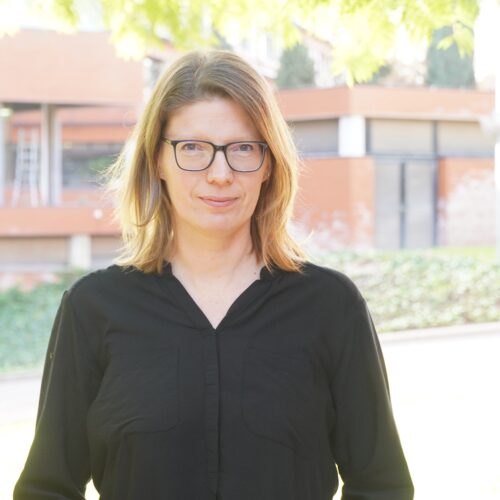
Graduate in Food Technology and Biotechnology from BOKU University in Vienna and PhD in Biotechnology from the Polytechnic University of Valencia and IATA-CSIC. Her research has focused on lactic acid bacteria, probiotics, and their interaction with the host, studying key proteins involved in the anti-inflammatory and anti-apoptotic activity of the intestinal epithelium. At the Mainbiotics laboratory, she investigates the role of maternal milk immunoglobulin A in the recognition of commensal bacteria. She also continues to explore bacteria-microbiota-host interactions using cell culture models.
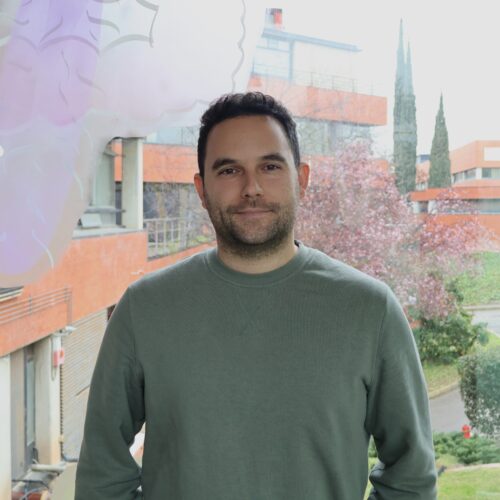
His research focuses on identifying how antibiotic exposure and gene transfer of resistance affects the microbiota during early developmental stages. The study targets Proteobacteria, particularly the Enterobacteriaceae family, which are key carriers of antibiotic resistance genes and horizontal gene transfer mechanisms.
He also collaborates on the isolation and characterization of strains of interest and the evaluation of the prebiotic/antimicrobial potential of extracts obtained from foods.
He also collaborates on the isolation and characterization of strains of interest and the evaluation of the prebiotic/antimicrobial potential of extracts obtained from foods.

Dr. Raúl Cabrera Rubio is a postdoctoral researcher (CDIGENT) specialized in metataxonomics, metagenomics, and bacterial genomics. His work centers on the identification of bacterial pathogens, antibiotic resistance, and the study of bacteria with probiotic or antibacterial potential. He develops bioinformatic tools for the analysis of genomic and metagenomic data in the food sector. Additionally, he has identified genetic markers for the molecular diagnosis of resistance and applies machine learning to study their evolution, as well as to detect toxins and allergens in the food chain.
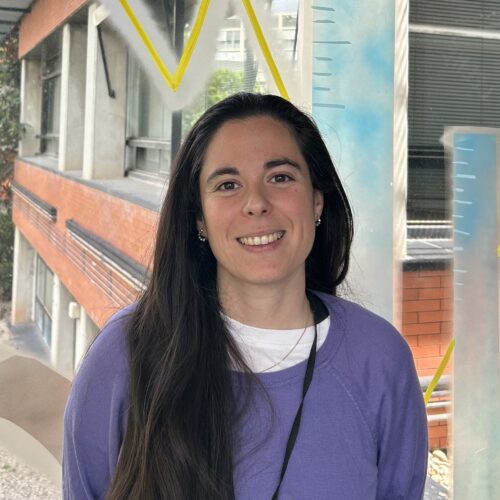
PhD in Biotechnology from the Polytechnic University of Valencia, her research focused on the effect of perinatal factors on neonatal bacterial colonization and the importance of the mother in this process. She is currently a postdoctoral researcher (MSCA 2024 Fellow) in the MAINBiotics group, studying the impact of the female microbiota on pregnancy development and how this can be modulated by lifestyle, using various computational and experimental approaches.
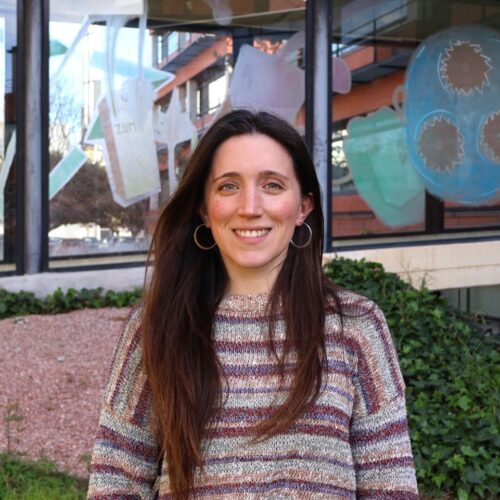
Biotechnologist with a master’s degree in Advanced Microbiology and currently a predoctoral researcher. Her work focuses on the study of antibiotic resistance in the maternal-infant environment, analyzing the evolution of the infant resistome and the role of microbiota and pre- and postnatal factors in its development. She also investigates how human milk oligosaccharides may influence this process. Using microbiological, molecular, and bioinformatic techniques, she seeks new strategies to combat resistance from the earliest stages of life.

PhD researcher applying nutritional epidemiology, data science, and computational tools (machine learning, AI) to study maternal-infant health. His work includes systematic reviews, meta-analyses, and analysis of the MAMI cohort, along with international collaborations, scientific publication, and ongoing training in his field.

Graduate in Biochemistry and Molecular Biology, with a master’s in Molecular Biotechnology. Her research focuses on studying the microbiome and diet in relation to health programming, growth, and development during childhood. This project is a continuation of the MAMI cohort follow-up at six years of age. Her current work aims to clarify how diet, along with other environmental and clinical factors, influences the gut microbiome and general health at this life stage.
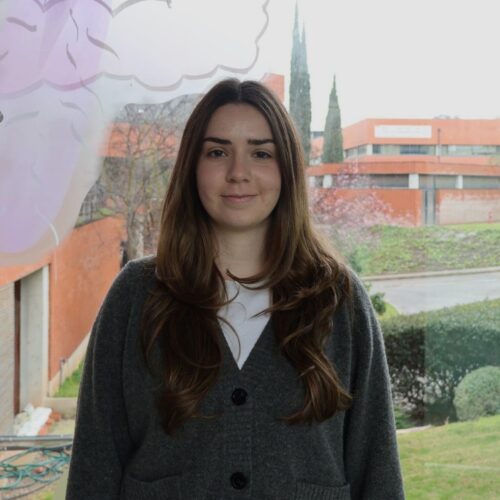
Her work at the Mainbiotics laboratory has focused on microbiology, particularly the isolation and characterization of lactic acid bacteria from milk, as well as the valorization of by-products such as algae and sprout extracts for the development of new biotics. She is currently beginning her doctoral thesis, which focuses on antibiotic resistance and its impact on women's health.
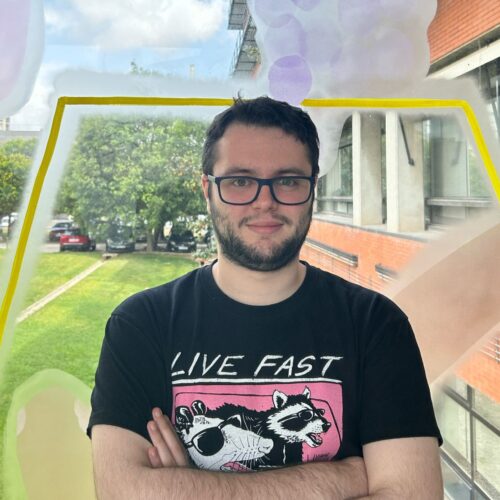
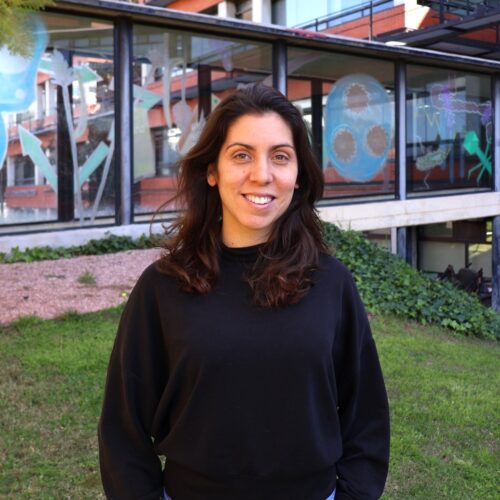
Her research focuses on menstrual health, covering topics such as menstrual education, stigmatization, and taboos, as well as access to healthcare for menstruation-related issues through projects like MANUELA. She has extensive international experience in cooperation and development projects, mainly in the areas of water, sanitation, and hygiene. Additionally, she integrates a gender perspective in fields such as sanitation innovation and technology design, and researches the gender gap in science.
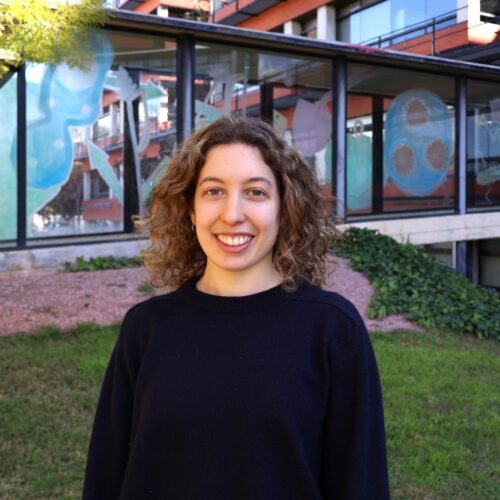
Metagenomic and functional study of the microbiome for the development of personalized functional foods in reproductive health.
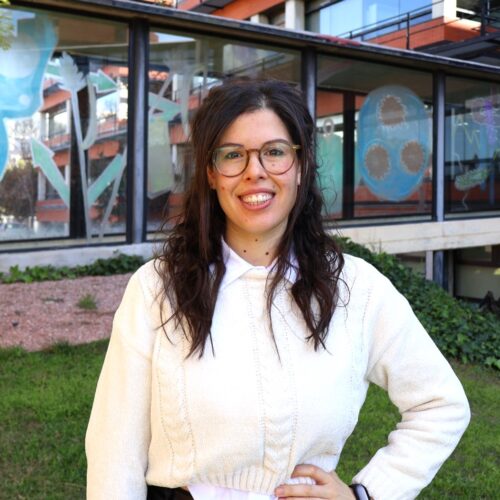
Skilled in cell culture, biochemical, and microbiological techniques to study mother/microbiota/infant interactions. Collaborates on projects exploring potential nutraceuticals derived from algae, mushrooms, and sprouts.
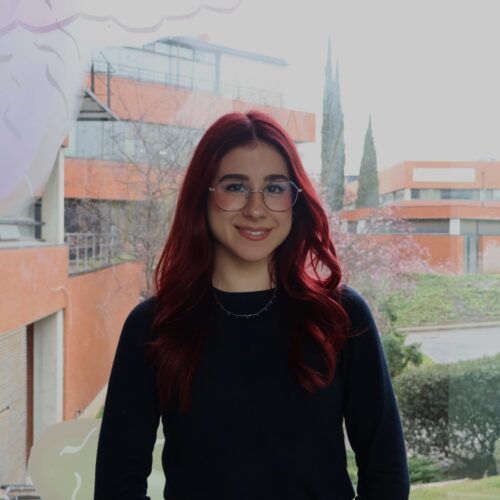
Graduate in Food Science and Technology. In the laboratory, her work focuses on microbiology, cultivating, isolating, and characterizing bacteria, especially anaerobic strains from the gut microbiota. She also contributes to projects exploring the maternal-infant relationship and the relevance of diet in health.
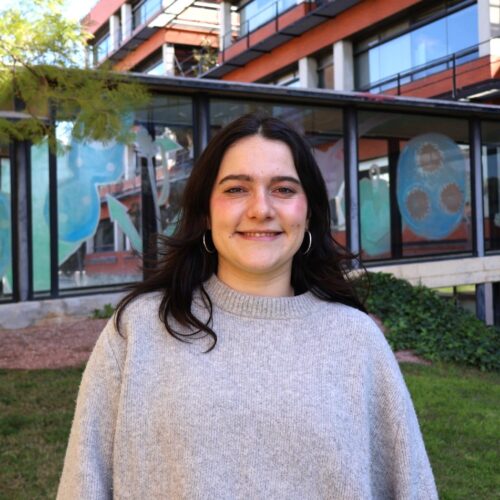
Journalist specialized in science communication and gender perspective. She currently manages science communication, social media, and the website for the Manuela, MAMI, and other Mainbiotics lab projects at IATA-CSIC. Her role includes creating informative content, managing digital platforms, and coordinating science outreach strategies.

